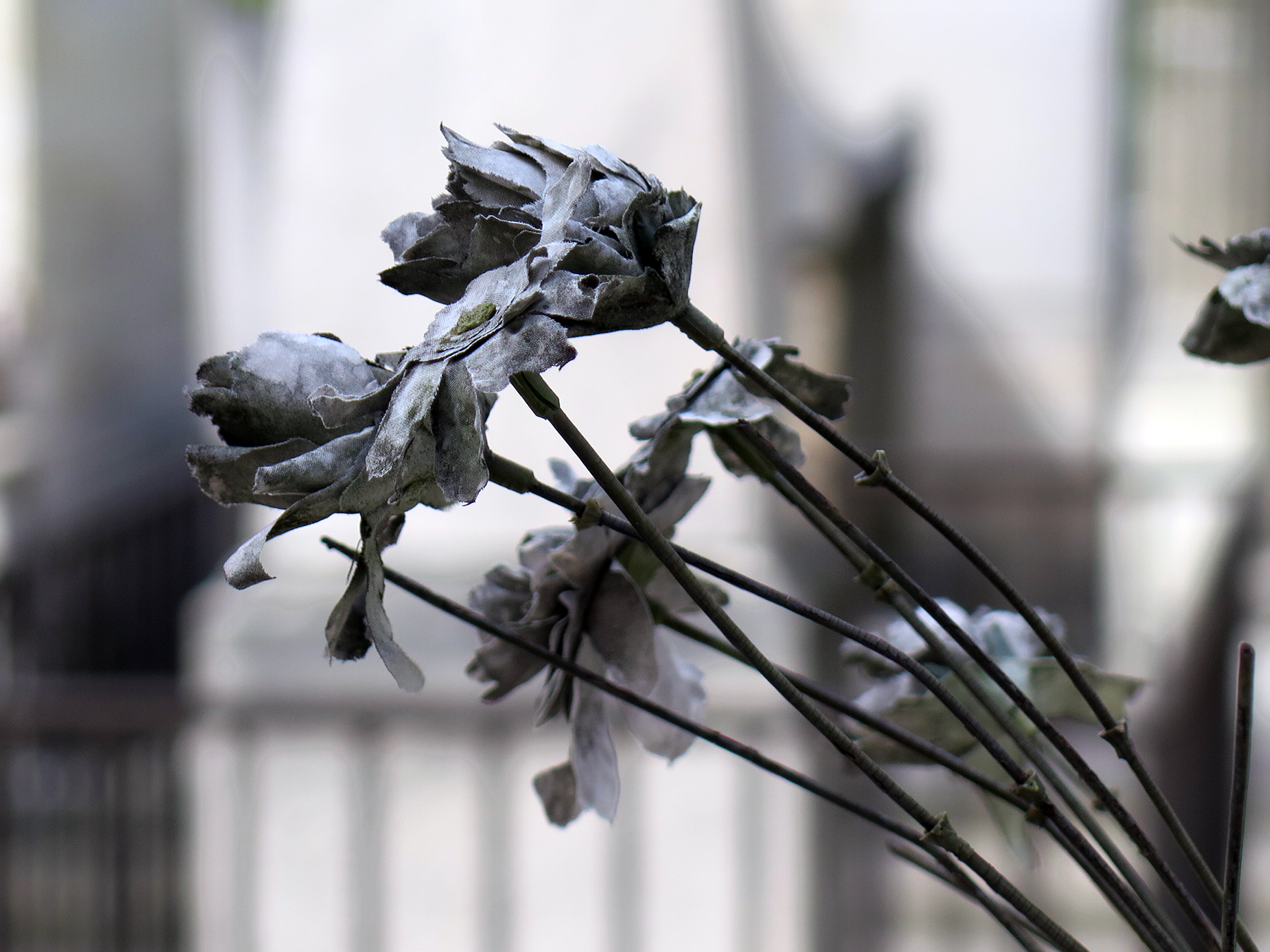I like silence, though I am not one of those people who crave it constantly. In fact, one of the pleasures of travel that takes me away from a place where the incessant screeching of crows is the dominant sound in an otherwise quiet environment, is the return to city noise. New York City in particular, a place where I spent many years, greets me with “Ah, this is the noise indeed,” (as well as “Oh, I remember these inescapable, foul smells,”) in ways that provide a bittersweet jolt of familiarity and reminiscence. Different, of course, if you visit, and don’t have to live any longer immersed in the constant barrage of sounds.

Silence is certainly the mode when I work, no background radio for me when writing or creating montage, despite my love for music. Silence was the biggest prize when moving out of shared housing, including boarding school dorms where you could not hear your own inner voice for constant vigilance of what the noises meant across the hall, the whispered ones most dangerous of all. Silence unimpeded by the neighbors in surrounding flats was a gift when finding our house.

Many have written about silence and its nemesis, the bombardment with noise in our culture. The linkage is smartly captured in a book by George Prochnik from a decade ago, In Pursuit of Silence. A comprehensive review can be found here.
But today I want to share descriptions of types of silence that I’ve come across, in hopes they’ll spark recognition and give you as much pleasure as they did for me.
“Not speaking and speaking are both human ways of being in the world, and there are kinds and grades of each. There is the dumb silence of slumber or apathy; the sober silence that goes with a solemn animal face; the fertile silence of awareness, pasturing the soul, whence emerge new thoughts; the alive silence of alert perception, ready to say, “This… this…”; the musical silence that accompanies absorbed activity; the silence of listening to another speak, catching the drift and helping him be clear; the noisy silence of resentment and self-recrimination, loud and subvocal speech but sullen to say it; baffled silence; the silence of peaceful accord with other persons or communion with the cosmos.”

It is somewhat ironic that they were written by a man eulogized in 1973 by journalist Nat Hentoff, his friend and colleague, as Citizen Va – r- ooooooom! The author in question, Paul Goodman, would be one of those people I’d choose to invite to the proverbial lonely island.
Born to a sephardic Jewish family in NYC, he led an intellectual life as rich as they come, and a practical life as poor as they can be endured. His openly lived bisexuality cost him educational status, jobs, group memberships in even the most progressive environments. His anarchist writings did nothing to improve that lot. Fame, or notoriety, you choose, that were accrued in the 1950s as a philosopher of the New Left, a social critic, as co-founder of the Gestalt Therapy movement and psychotherapist, as a novelist and activist, did not extend much beyond his early death from a heart attack.

And yet his writings are especially applicable to our current times. His World War II-era essays on the draft, resisting violence, moral law, and civic duty were re-purposed for youth grappling with the Vietnam War but can be applied to state violence in general. In Growing Up Absurd (1960), he addressed young protesters, really young Americans in general, whom he encouraged to reclaim Thomas Jefferson’s radical democracy as their birthright. The book was not just about school reform to re-engage disaffected youth, but a reckoning with a political and economic system that used and discarded human beings as pawns. If alive today, he would be a welcome, loud voice indeed, not a proponent of silence.

More on the uses of silence tomorrow.
Photographs today from a place where you commune in silence – collected across cemeteries in Paris, another nicely noisy city.

“Silence is not acoustic. It is a change of mind, a turning around,” composer John Cage once remarked. He was drawn to it in his studies of Zen Buddhism. So it shall be his music for today, the Sonatas and Interludes in a prepared Piano, recently performed in Seattle. For those interested, here is an approachable introduction to the composer and the music. Open your week-end rested brain to the challenge!







Anita Helle
I loved the themes of silence today; and equally that of melancholy last week. Thank you.